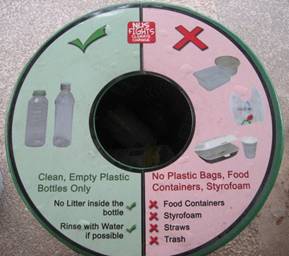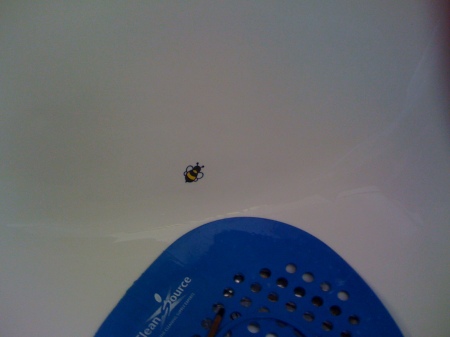Barry Ritholtz takes note of an ongoing battle between retailers and credit card companies over the processing fee that credit card companies take from retailers with each consumer purchase.
An increasing number of stores have changed their default card settings to “Debit” from “Credit.”
I first noticed this during a visit to Target. I swiped my bank debit card — also a Visa — thru the machine. Sometime ago, the default setting was Credit, but now it seems the default setting was Debit.
So too is the default setting at the Supermarket. If you wanted cash back, you previously had to select Debit, than punch in a dollar amount. Now, the default is debit, and you are automatically asked if you want cash back (some consumer groups advocate sticking with credit over debit).
Addendum: @ Jon. Hilarious.
Addendum Too: Reader David Glenn passes this observation along: “Lately the price of gasoline advertised along I-95 in the northeastern U.S. can be a low (for here) $1.64. But when you pull up to the tank, the default price is a cash only price. The credit card price might be $1.79 or higher for regular. The default option has switched from credit to cash, but the advertised price has not kept up!”





